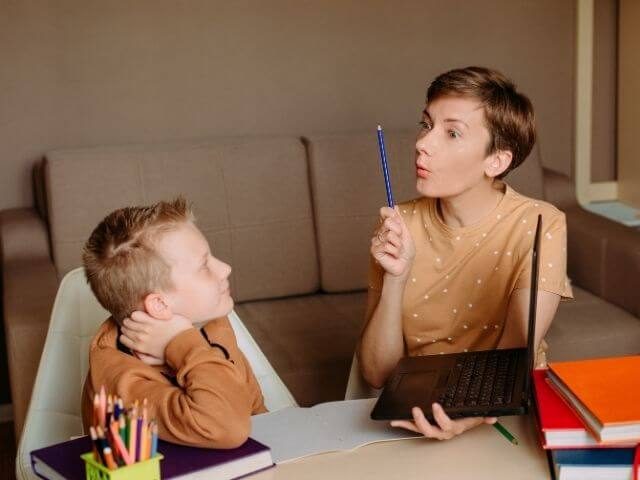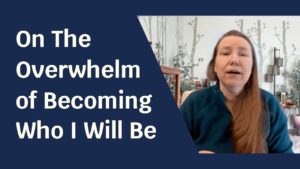The status quo
Common wisdom around autism support and “treatment“ (barf) is a giant waste of time, energy, and money. Some of it even exacerbates the social “deficiencies” (gag me) they are trying to help.
Why? Humor me for a moment.
An impossible goal
Socializing isn’t primarily about social skills. In fact, that’s the smallest factor, and the last thing to work on.
It is not humanly possible to memorize the entire, incredibly vast range of human interactions, with all their intricate details, and the myriad exceptions, in a way that will come off as natural and at ease. The scripts that are taught often don’t reflect how people genuinely interact; they try to break conversations down into standardized forms, which isn’t a bad idea, but it doesn’t come across as natural.
So when you try to use those standardized scripts in the real world, other people can tell immediately that it’s a learned behavior, so they don’t interact with you in a natural way. So you don’t actually get the reinforcement of having a comfortable conversation.
Which means you don’t get comfortable with people. Socializing remains something that you have to “get through.”
It’s not about social skills
For the sake of argument, let’s say you do all the social skills classes and trainings and get gold stars the whole way through. You can recite all the social skills etiquette, know the curriculum by heart, but…
You’ll never be able to put it into practice if you’re not at least minimally comfortable around people.
Or you’ll try and make a royal mess of it because you’re so anxious that you come across as awkward and unfriendly, or scripted and robotic, and here’s the kicker:
When you’re uncomfortable around people, people pick up on your discomfort and then they feel uncomfortable around you. And since no one wants to stay in a situation where they feel uncomfortable, they don’t stick around long enough to find out how wonderful you really are.
The real kick in the teeth
Plus, attending classes that you constantly fail at (according to neurotypical standards) reinforces how bad you are at the skill, raising your stress level and reinforcing negative beliefs about yourself, which makes it even more likely your next encounter with people will go badly. It becomes a self-fulfilling prophecy.
When I asked one of my clients what he got out of his social skills classes, he replied, “trauma and self-loathing.“
Of course we have anxiety
Autistics’ social anxieties aren’t simply invented worries sprung from an overactive imagination. We have real experiences in our past, a lot of them, that tell us we are liable to be left out, hurt, misunderstood, to misunderstand others, and/or get social cues wrong.
What works
If socializing isn’t primarily about social skills, what is it about?
Socializing is about two people being with each other and communicating successfully what is on their minds or in their hearts. There’s lots of different ways of this can happen.
It doesn’t have to live up to any particular standard of what that should look like. Two people from different cultures, or speaking different languages, can still communicate, albeit in a rudimentary or creative way, yet that is still communication.
Letting go of the idea that socializing has to look like any one particular thing allows space for creativity to come in, for comfort and joy to emerge, for people to genuinely connect.
But the cornerstone that makes magic happen, is radically accepting that who you are is already enough.
How this helps
When you feel comfortable with yourself, when you accept yourself, your stress level lowers and your brain directs energy away from the fear responses, increasing blood flow to the prefrontal cortex, which is the part of the brain that is able to pick up on social cues.
That’s when communication becomes more comfortable and easy, anxiety gradually fades away, and at this point, yes, some explanations of social intricacies can be very helpful. But until this happens, teaching rote social skills won’t make a positive difference.




